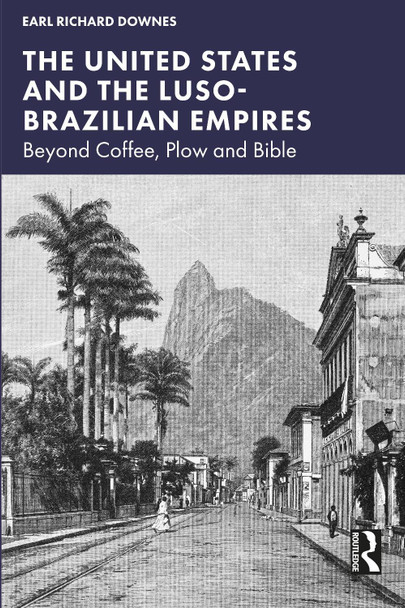Description
This volume highlights factors that led to the onset of the U.S. presence within colonial Brazil's mercantilist economy and then the independent Brazilian empire's agricultural, scientific, religious and educational institutions.
The book examines the interaction of U.S. businessmen, explorers, scientists, immigrants, missionaries, and educators with the dominant institutions of the Luso-Brazilian empires. Employing an institutionalist framework to describe the interplay between forces of change versus forces of inertia that conditioned the economic and sociocultural development of the two empires, the book explains how Portuguese and Brazilian technical innovators employed contacts with the United States for more than a century to attempt to alter Brazil's economy and society.
This book will be of interest to students and scholars of U.S.-Brazil relations and Latin American history more generally.
About the Author
Earl Richard Downes (1947-2024) was an Independent Researcher whose previous affiliations included Associate Dean at William J. Perry Center for Hemispheric Defense Studies, National Defense University; Senior Research Associate, North-South Center, University of Miami; Adjunct Professor of International Relations, Florida International University; and Associate Professor of History, USAF Academy.
Rafael R. Ioris is Professor of Latin American History at the University of Denver. He has published books, articles and book chapters on various dimensions of Brazil's economic, political, intellectual, and diplomatic histories, and on the role played by US actors in the course of Brazil's and Latin America's development.
Book Information
ISBN 9781032853956
Author Earl Richard Downes
Format Paperback
Page Count 280
Imprint Routledge
Publisher Taylor & Francis Ltd


